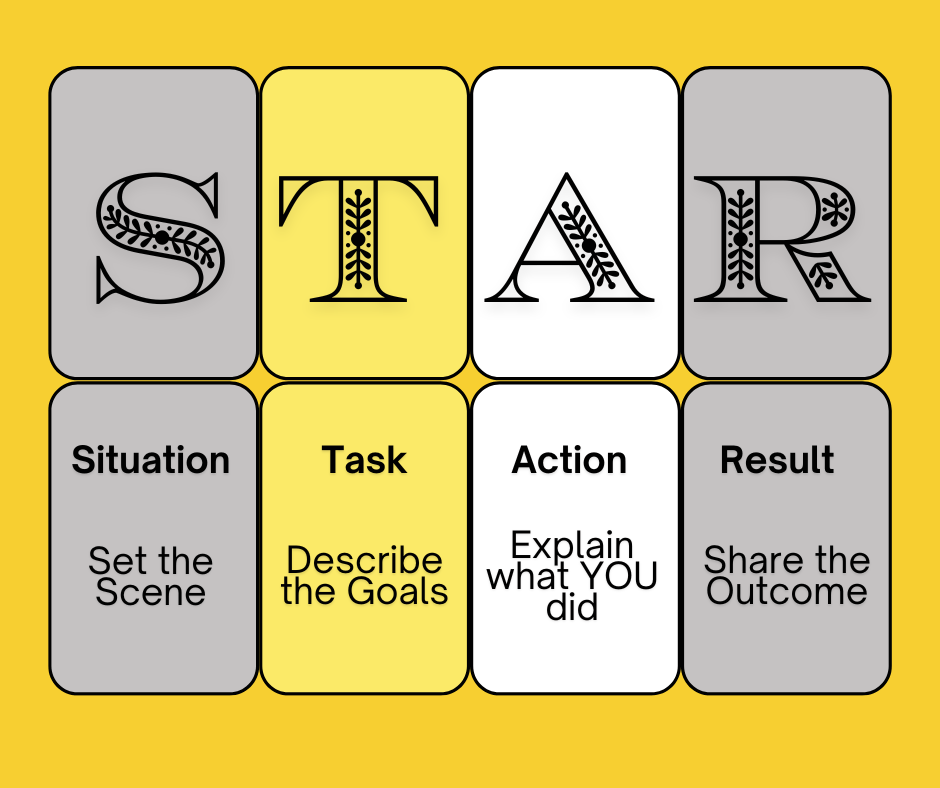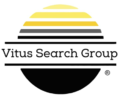The modern workforce is more interconnected than ever, and collaborating effectively is a valuable skill that employers often ask about in interviews. These questions center around your ability to work well with others, prioritize tasks within tight deadlines, and help teammates overcome challenges. Employers want to hire individuals who can collaborate across multiple projects while working with different personalities, which makes it important to demonstrate your own collaborative skills in an interview. Here are five practical tips for how you can showcase that you are a strong team player who is experienced with collaboration.
- Emphasize interpersonal skills
Collaboration involves interpersonal skills, which are traits you have when interacting with others. During your interview, mention examples where your own interpersonal skills were utilized, such as resolving conflict within the team or communicating your ideas during meetings. Some examples of interpersonal skills include:
- Reliability: Your teammates need to rely on you. Having reliability means that you show a sense of responsibility toward your work, respect deadlines, and let others know that you can be counted on to complete tasks.
- Active listening: Miscommunication often stems from inattentiveness. Listening to feedback and reports make teammates feel valued and keep projects on deadline.
- Conflict management: Being able to resolve disagreement between teammates demonstrates leadership, responsibility, and the ability to compromise. This keeps a project progressing and maintains a positive work environment.
- Accountability: Everyone makes mistakes. Holding yourself accountable to your errors without shifting blame on teammates demonstrates leadership and healthy collaboration that also prevents future inconsistencies..
- Creativity: Being creative can innovate solutions and optimize resources. Demonstrating creativity is a great collaborative skill because it involves problem-solving and observation.
- Use the STAR method
The STAR interview method is a technique that allows you to answer interview questions in a structured way that involves applicable examples of how you effectively overcame challenges in the workplace. When an interviewer asks how you handled a certain work conflict or corrected a mistake, you can answer using the STAR method to keep your response precise and relevant.

- Situation: Introduce the work situation to provide background information and context to your example.
- Task: Describe the problem or challenge that you needed to overcome.
- Action: Explain what you did to resolve the task, such as using interpersonal skills to help your team.
- Results: Describe the results of your action by highlighting the benefits, savings, rewards or recognition.
- Stay positive
Collaborating with others is an important part of teamwork, but that doesn’t mean these experiences will always run smoothly. Pressure from deadlines, engaging with different personalities, and managing expectations can create stressful situations.
However, it is important to stay positive when talking about your work experience with employers. When you are asked about a time you needed to collaborate in the workplace, keep the antidote positive and focus on the benefits from this collaboration. This will also make you seem more confident and highlight your collaborative skills.
- Connect your values with the company
Collaborative skills often align with company values and mission statements. Before your interview, think about how your own experience aligns with what the company is seeking in its applicants.
For example, if the company is seeking a candidate with integrity, you can mention that you have demonstrated accountability in the past. Make sure to talk about your work experience using the STAR interview method to maximize your chances of a concise and relevant answer.
- Ask insightful questions
At the end of your interview, ask questions that demonstrate that you are both a team player and genuinely interested in integrating into the company’s work environment. These questions should inquire about team culture, collaboration between employees, and project management. Some examples of insightful questions include:
- How does this position contribute to the company’s overall goals?
- What does success look like in this role?
- How does this position interact with other departments?
- What does day-to-day team collaboration look like?
- How does this team celebrate wins?
- What is the company’s approach to giving and receiving feedback?
- What other tasks are required of this position outside of those listed in the job description?
VITUS Search Group is an executive search firm with over 50 years of combined staffing experience. Whether you are a professional interested in finding your next role or a talent seeker searching for high-caliber employees, contact VITUS today and take the first step in working with one of our recruiting specialists.

